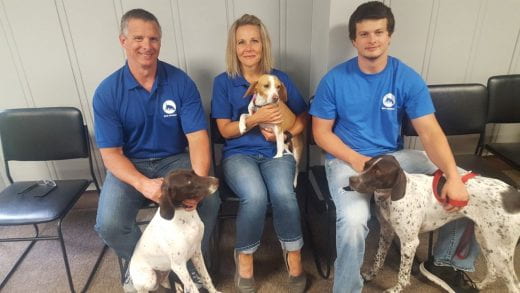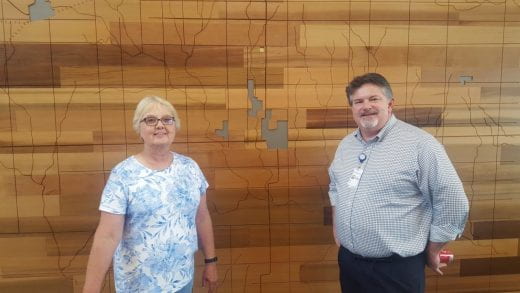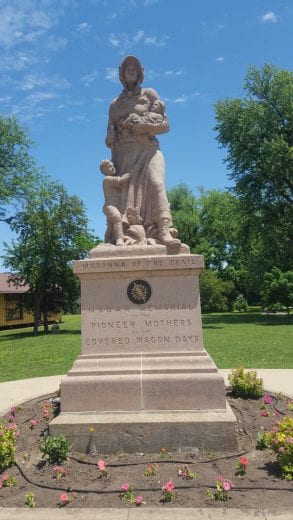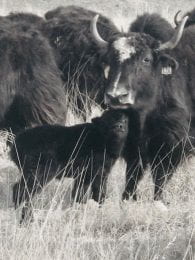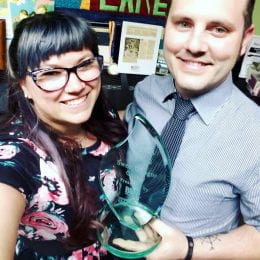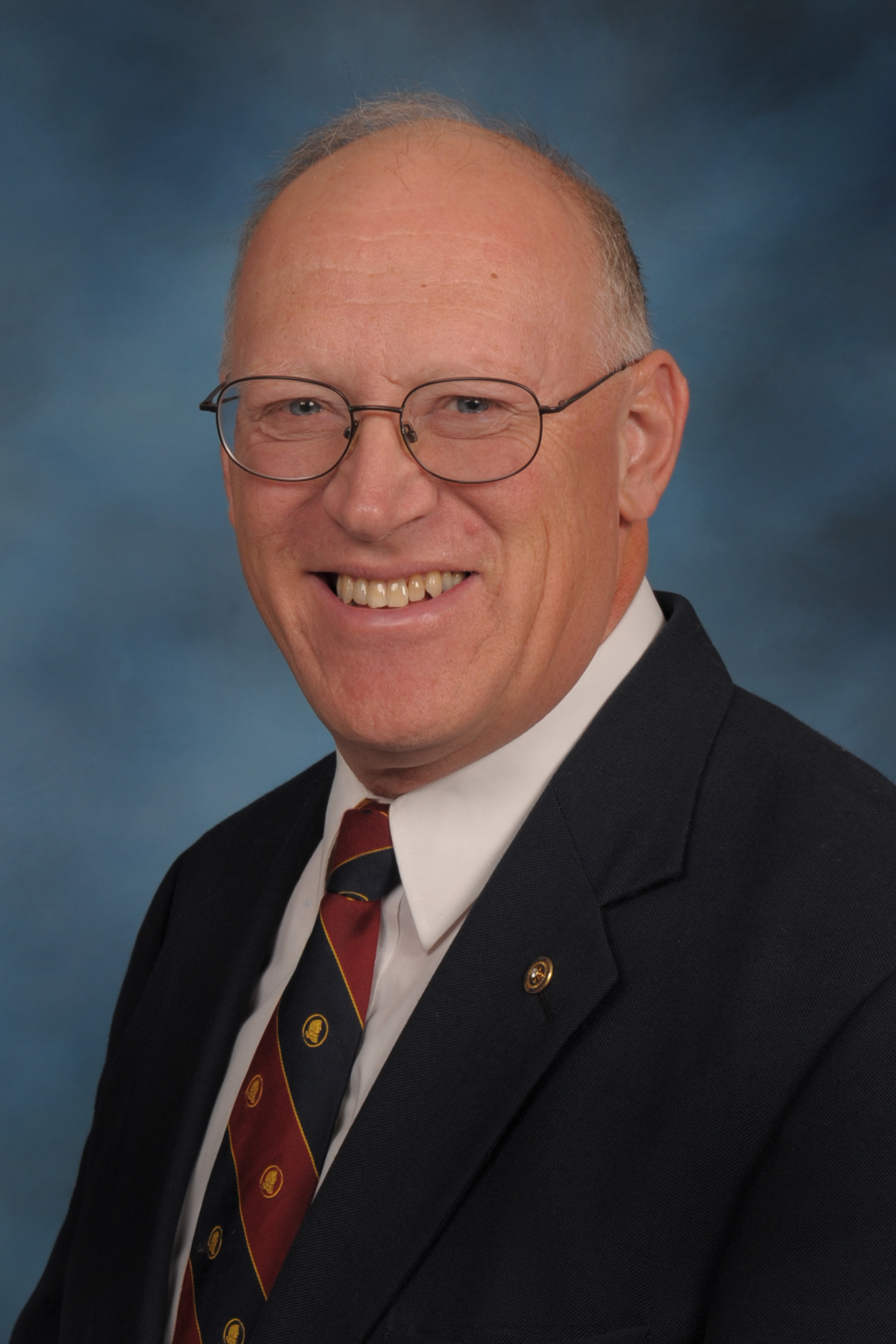“Meanwhile, back at the ranch….” That line from an old western movie might also describe the work of a non-profit organization which is celebrating the ranching heritage of the Flint Hills region.
Lynn Smith is executive director of Pioneer Bluffs, a non-profit organization dedicated to preserving the ranching heritage of
 the Flint Hills. She grew up in northeast Kansas, married a young man from the Flint Hills, and now directs this non-profit organization. The office is located on a homestead which was once part of the historic Rogler Ranch.
the Flint Hills. She grew up in northeast Kansas, married a young man from the Flint Hills, and now directs this non-profit organization. The office is located on a homestead which was once part of the historic Rogler Ranch.
In 1859, a young Austrian immigrant named Charles Rogler walked from Iowa to Kansas in search of a new life. He found an attractive homesite in Chase County, with rich bottomland surrounded by boundless prairie near a substantial limestone bluff.
Here Charles Rogler made his home. He got married and expanded the ranch over time, but died suddenly of pneumonia at age 52 after being caught in a severe March storm.
One son, Henry, graduated from Kansas State Agricultural College in 1898. Henry met and fell in love with a Flint Hills girl named Maud Sauble. Maud agreed to marry Henry, but did so only after she graduated from K-State in 1901.
Henry and Maud started their life together on his family homestead. In honor of their pioneer ancestors and the limestone bluffs nearby, they named it Pioneer Bluffs. Here they built a beautiful home, including what was at that time an innovation: Running water. In 1915, they built a huge wooden barn, followed by a combined granary and carriage house in 1916.
This hard-working family believed in education. “All of Maud’s children went to K-State on her egg money,” Lynn Smith said. Son Wayne Rogler returned to the ranch and built it into one of the most well-respected farm and ranch operations in the region. The Rogler library in the K-State Animal Sciences Department student lounge is named in his honor.
After Wayne and his wife passed away, the ranch was sold. The 12-acre parcel containing part of Charles Rogler’s original homestead and the iconic barn and buildings was purchased by a group interested in preserving this legacy. It is now a National Register Historic District. Pioneer Bluffs Foundation operates this property as a nonprofit 501(c)3 organization.
Today, Pioneer Bluffs strives to honor the region’s ranching heritage with education and events. For example, Pioneer Bluffs hosts a ranching heritage prairie talk series, school and youth field trips, and other cultural and educational community events with music, history, and art. It also serves as a wedding or other event rental venue.
K-State’s Chapman Center for Rural Studies has archived historical documents about the Rogler family and Pioneer Bluffs. Pioneer Bluffs also sponsored videos and recorded interviews of ranchers’ recollections.
“No other non-profit organization has a place like this that is telling this story,” Lynn said. The building that was originally the granary and carriage house has been converted into a library and classroom. The big barn has been restored and preserved.
Two large high-tech touch screen kiosks display information about ranching history and contemporary practices in the Flint Hills. “People will stand there for an hour,” Lynn said. This also allows content to be easily updated so that there is fresh new information for repeat visitors.
The house, barn and buildings are open some weekends and by appointment.
“We want locals to be proud of their heritage and visitors to appreciate what goes into bringing beef to their table,” Lynn said. “We want to educate and tell the human side of Flint Hills ranching. We’re supported by a fabulous team of volunteers who are passionate about what they do.”
Pioneer Bluffs is located one mile north of the rural community of Matfield Green, population 47 people. Now, that’s rural.
For more information, go to www.pioneerbluffs.org.
“Meanwhile, back at the ranch….” It’s not just a line from an old western movie, it’s a description of the work of Pioneer Bluffs. We salute Lynn Smith and all those who are making a difference by preserving and promoting this history. Just like in an old western, these are good guys.
Audio and text files of Kansas Profiles are available at http://www.kansasprofile.com. For more information about the Huck Boyd Institute, interested persons can visit http://www.huckboydinstitute.org.
 “For years, (extension) has done work on nutrition, foods, and physical activity,” Paula said. In a larger sense, extension has worked to support the health of families, farms and communities since the extension service was founded in 1914.
“For years, (extension) has done work on nutrition, foods, and physical activity,” Paula said. In a larger sense, extension has worked to support the health of families, farms and communities since the extension service was founded in 1914.

